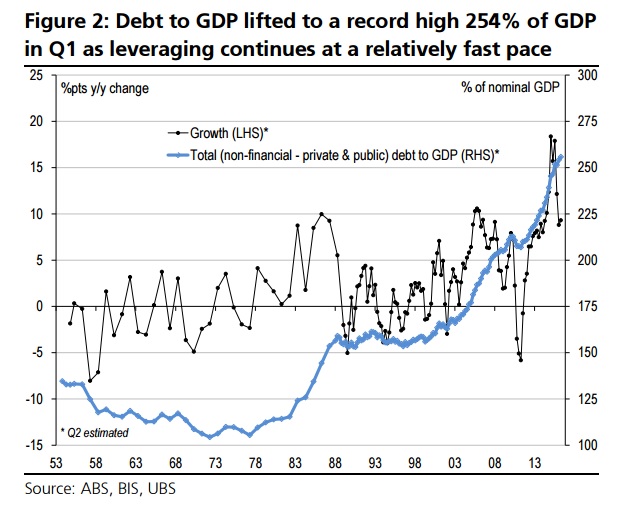Is Bitcoin a Great Hedge Against Struggling Debt-Based Economies?

The US is known to the vast majority of the world as the global financial and economic powerhouse. Yet, the US holds the largest amount of external debt at $19.9 trillion. The UK, France and Germany fall behind the US respectively as the second, third and fourth largest debt holders in the world.
Since mid-2016, investors and traders in the largest bitcoin exchange markets including US, China and Japan began to perceive bitcoin as a safe haven asset and wealth management product (WMP). Since then, bitcoin has been the go-to asset for avoiding economic uncertainty and financial instability.
Conceptually, the debt of the US carries a low level of importance to both the country and the rest of the world due to the US government and its economy’s impact to the global economy and financial system. As the holder of the world’s largest reserve currency, at times of economic and financial instability, the Federal Reserve, the central bank of the US, rely on its ability to print massive amounts of money to keep the country’s economy afloat.
But, such strategy is leading to the build up of perhaps the largest bubble in modern history; the bubble of the central banks and the global financial system.
Realistically, financial systems of countries are overseen, manipulated and controlled by their respective governments. Thus, similar to the attempts of Greece in 2015, central banks and regulators could impose harsh regulations or policies such as a haircut to seize funds from private investors, individuals and businesses through private banks.
Simply put, funds or money stored in bank accounts and even fiat money or cash carry no actual value that is wholly dependent on the market. Their value is completely based on the governing party and its central bank. As seen in the decline of the British pound, the value of a currency could plunge in short period of time due to political conflicts and financial disagreements.
At this rate, fiat money is approaching its decline and the emergence of a decentralized and market-based currency such as bitcoin or any other cryptocurrencies that hold the philosophy of bitcoin could threaten the global financial system. The US is able to hold on to massive amounts of debt due to their leverage over the global economy and financial system. If it loses its leverage due to a complete restructuring of the financial system as a result of the popularization of bitcoin or other decentralized stores of value, the country could be placed under serious economic trouble.
For instance, the gross debt of the Australian government in 2007 was valued to be $53.25 billion. Today, the debt of Australia is $484.6 billion. Within a decade, the national debt of Australia increased by over 9x, as seen in the chart below.
Bitcoin is a practical and viable hedge against debt-based economies because its value solely depends on its market. Since bitcoin is decentralized by nature and has a fixed monetary supply, the value of bitcoin is decided by a simple concept of supply and demand. But, since the supply of bitcoin is fixed, as long the demand for bitcoin continues to increase, the value of bitcoin will proportionally surge.
Featured image from Shutterstock.

